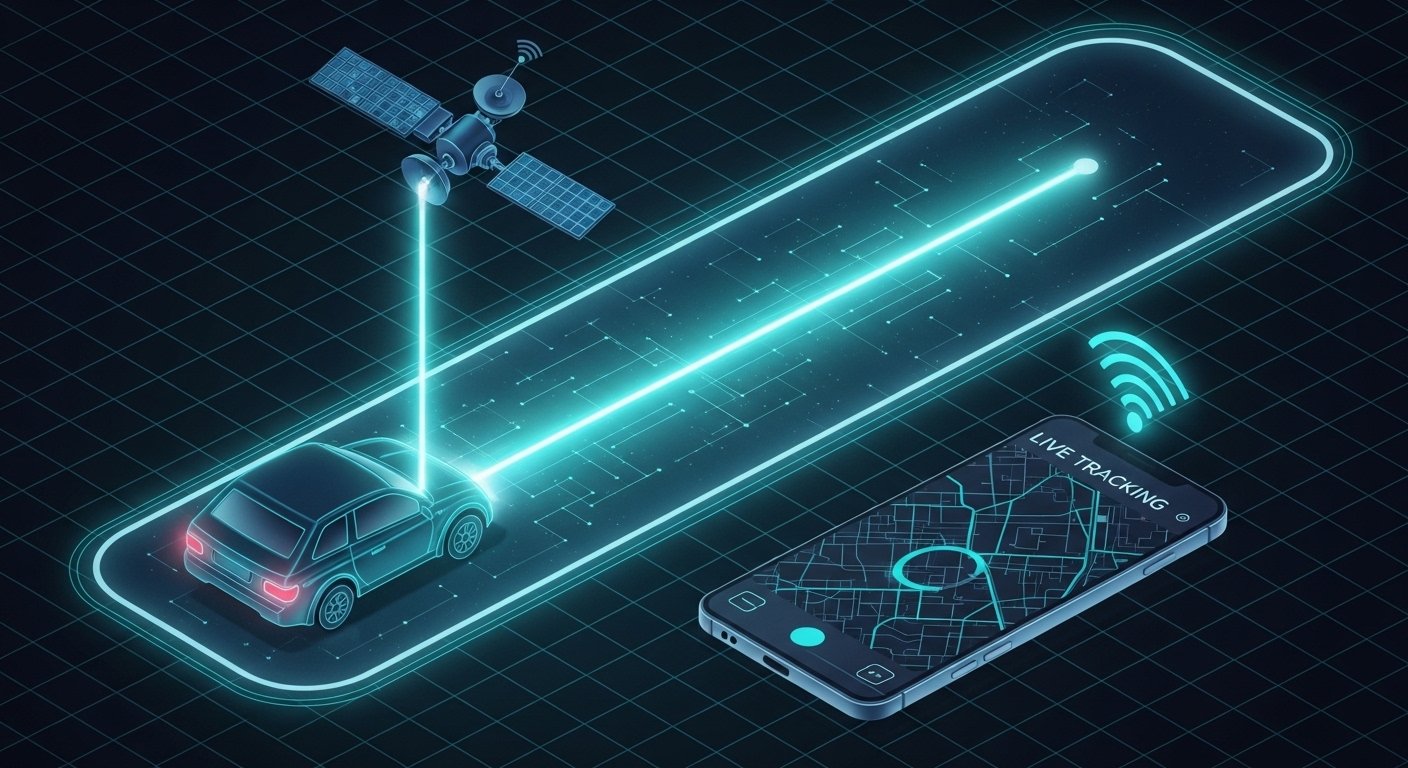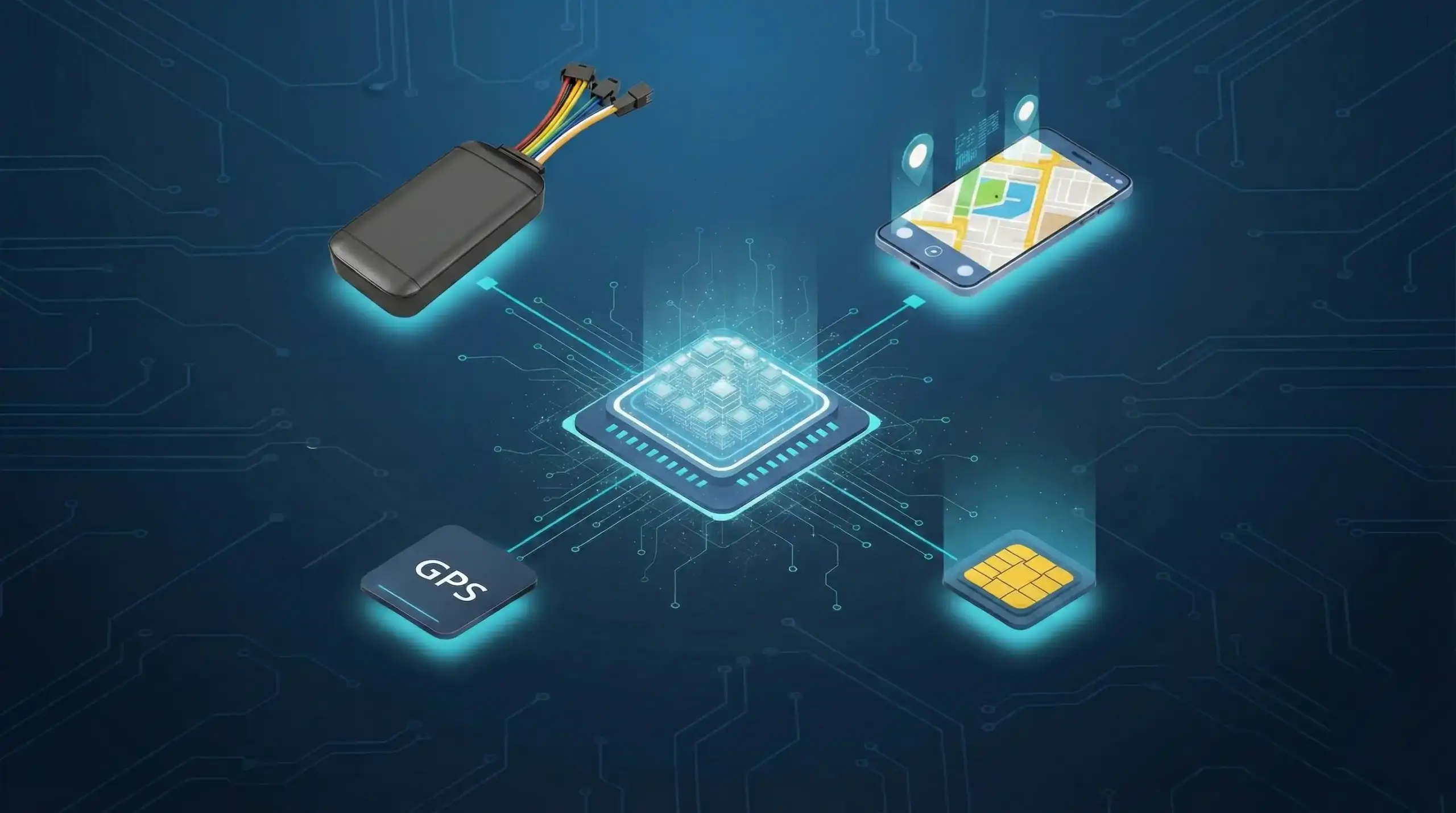Introduction aux traceurs GPS
Dans le monde du suivi GPS, faire la distinction entre la 4G, 3G, et les trackers GPS 2G sont essentiels pour sélectionner l'appareil adapté à vos besoins. Que vous utilisiez un traceur GPS Protrack ou un autre traceur GPS multifonction, comprendre ces différences vous garantit d'obtenir les meilleures performances et fiabilité.
Qu'est-ce qu'un traceur GPS 2G?
2Les trackers GPS G utilisent la deuxième génération de technologie de réseau mobile. Ces appareils sont souvent plus abordables et largement disponibles. Cependant, avec de nombreuses régions supprimant progressivement les réseaux 2G, leur fonctionnalité peut être limitée. Un traceur GPS Protrack utilisant la 2G pourrait suffire aux besoins de suivi de base, mais pourrait rencontrer des problèmes de connectivité à l'avenir..
Avantages des traceurs GPS 3G
3Les trackers GPS G offrent une vitesse et une fiabilité améliorées par rapport à la 2G. Ils offrent une connexion plus stable et une meilleure couverture, ce qui les rend adaptés à une plus large gamme d’applications. Pour ceux qui utilisent un traceur GPS multifonction, 3G offre un équilibre entre coût et performances. Cependant, comme la 2G, 3Les réseaux G sont également progressivement remplacés par des technologies plus récentes.
Pourquoi choisir un traceur GPS 4G?
4Les trackers GPS G représentent la dernière technologie de suivi, offrant un transfert de données rapide, couverture étendue, et une fiabilité améliorée. Un tracker GPS Protrack doté de capacités 4G vous garantit de disposer de la technologie la plus à jour et la plus évolutive. Ceci est particulièrement important pour les entreprises et les particuliers qui ont besoin d'un suivi en temps réel et de données de localisation précises..
Conclusion
Choisir entre la 4G, 3G, et les trackers GPS 2G dépendent de vos besoins spécifiques et de l'infrastructure réseau de votre région. Alors que les trackers 2G et 3G offrent des avantages en termes de coûts, 4Les trackers G offrent des performances et une longévité supérieures. Lors de la sélection d'un tracker GPS Protrack ou de tout tracker GPS multifonction, la prise en compte de ces facteurs vous aidera à prendre une décision éclairée.









